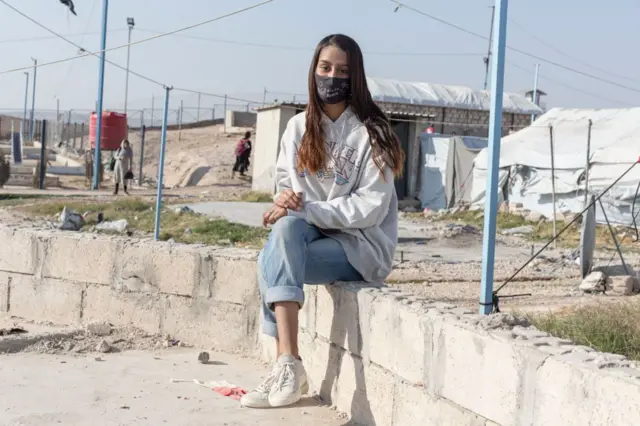Thanks for following our live coveragepublished at 12:04 GMT 23 February 2024
 Nadia Ragozhina
Nadia Ragozhina
Live reporter
Thanks for joining us as we brought you the Court of Appeal's verdict, and all reaction and analysis following.
We are closing this live page but you can stay up to date on the story here.
If you want to dig deeper into Shamima Begum's story, the BBC's award-winning podcast 'I'm Not a Monster' is a good place to start.
This live page was edited by me, and written by Dominic Casciani, Thomas Mackintosh and Jake Lapham.


